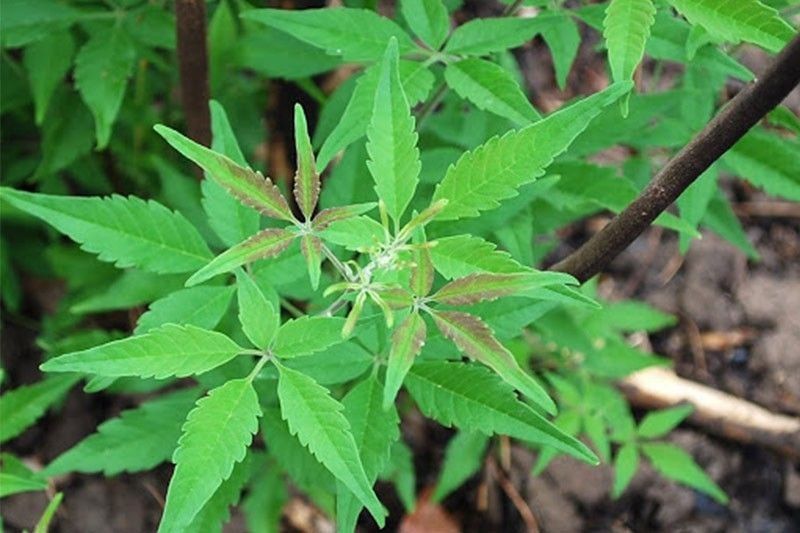Philippine Council for Health Research Development
MANILA, Philippines — The Department of Science and Technology (DOST)-funded clinical trials on lagundi as an adjunct therapy for COVID-19, conducted by University of the Philippines Manila researchers, have successfully shown the herbal medicine’s symptomatic relief benefit to mild coronavirus cases.
Rowena Cristina Guevara, DOST undersecretary for research and development, said that the UP Manila clinical trial team led by Dr. Cecilia Nelia Maramba-Lazarte finished its study which showed that lagundi tablets administered to mild COVID-19 cases without comorbidities had relieved the various symptoms of patients.
“That’s their conclusion, that it brought symptomatic relief to the mild cases of the disease especially those with no taste and smell,” Guevara told The STAR in a phone interview over the weekend.
The two-stage clinical trial, Guevara said, involved 19 to 55 year olds with mild COVID-19 cases without comorbidities.
The DOST official said the next step for the UP Manila researchers was to check for the antiviral properties of mild and moderate cases with comorbidities.
In an interview over Manila-based radio station dzBB, Guevara said that the herbal medicine was shown to be able to “decrease symptoms” of mild COVID-19 cases.
“So, they were able to prove that lagundi lessens the symptoms, especially loss of smell, and gives overall relief from discomfort due to the symptoms,” she said.
Guevara said that another clinical trial funded by the DOST on tawa-tawa also yielded good feedback from respondents with mild to moderate cases.
“Of the 172 random COVID-19 positive respondents who took two tawa-tawa 1,950 mg capsules three times a day for 10 days, their symptoms disappeared within three to five days,” Guevarra said.
She clarified that tawa-tawa was given as food supplement. Also, she emphasized that lagundi is a herbal medicine, and tawa-tawa is a herbal supplement. “They are different,” she added.
Symptoms that disappeared with the use of tawa-tawa included fevers, chills, body aches and cough, Guevarra said.
“One respondent said after taking tawa-tawa, their general well-being improved – including their breathing. Another experienced increased appetite, better bowel movement, and their cough was alleviated,” she said.
Generally, lagundi and tawa-tawa have yielded good results.
Guevara added that the DOST is looking at studying the anti-viral effect of lagundi for mild and moderate COVID-19 cases with comorbidities.
Asked if lagundi and tawa-tawa would be advisable for those who self-medicate, she said, “It’s okay, there’s no harm expected from lagundi and tawa-tawa.”
The DOST-funded lagundi clinical trials for COVID-19 began last year and enrolled participants from the Quezon Institute and the Philippine National Capital Region Police Office quarantine centers.
The DOST has approved the P4.9-million funding for the lagundi clinical trials.
(This article, written by Rainier Allan Ronda, was first published in The Philippine Star on October 18, 2021 at 12:00 AM.)

